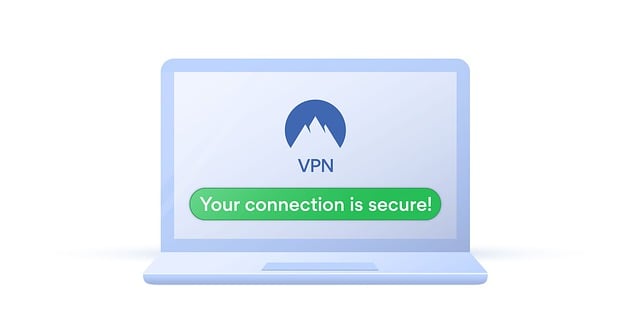In South Africa, Ponzi schemes pose a significant threat to investors, promising high returns with minimal risk. These fraudulent opportunities rely on new investor funds to pay existing ones, making them unsustainable. To protect yourself from such schemes, conduct thorough research, verify legitimacy, and consult regulated financial advisors. The South African Financial Sector Conduct Authority (FSCA) provides valuable resources and guidelines on "How to Recognise a Ponzi Scheme in South Africa," emphasizing due diligence and regulatory oversight as key measures for safeguarding investments.
In South Africa, where financial schemes can be as diverse as the landscape, understanding how to recognise a Ponzi scheme is crucial. This article provides essential insights into Ponzi Scheme Prevention, focusing on advice for local investors. We delve into the red flags that signal these fraudulent investments, explore the country’s regulatory framework designed to protect consumers, and offer practical tips for detecting and avoiding such schemes. By understanding these elements, South African investors can make informed decisions, safeguarding their financial future. Learn how to recognise a Ponzi scheme in South Africa and stay ahead of these deceptive practices.
- Understanding Ponzi Schemes: Unveiling the Red Flags
- South African Regulatory Framework and Investor Protection
- Practical Tips for Detecting and Avoiding Ponzi Schemes
Understanding Ponzi Schemes: Unveiling the Red Flags

Ponzi schemes are an insidious form of investment fraud, often disguised as legitimate business opportunities. They promise high returns with little or no risk, but in reality, they rely on new investor funds to pay existing investors. This unsustainable model ultimately collapses when the influx of new money dries up. Recognising a Ponzi scheme is crucial for South African investors to protect their hard-earned money.
Some key red flags include unrealistic investment promises, a lack of transparency regarding where funds are allocated, and pressure to act quickly without thorough due diligence. If an investment opportunity seems too good to be true, it probably is. It’s essential to verify the legitimacy of the scheme, research the company or individuals behind it, and consult regulated financial advisors for expert guidance. How To Recognise A Ponzi Scheme In South Africa involves staying vigilant, doing your homework, and always seeking professional advice before investing.
South African Regulatory Framework and Investor Protection

South Africa has a robust regulatory framework designed to protect investors and prevent financial scams, including Ponzi schemes. The Financial Sector Conduct Authority (FSCA) is the primary regulator responsible for overseeing financial services providers and markets in the country. They offer valuable resources on how to recognise a Ponzi scheme, emphasizing that legitimate investments should have a track record of consistent returns, transparent terms, and diversifications.
The FSCA also encourages investors to carry out due diligence before committing their funds. This includes verifying the legitimacy of investment opportunities, understanding the risks involved, and ensuring that the investment is regulated and supervised by the appropriate authorities. By staying informed and following these guidelines, South African investors can better protect themselves from falling victim to Ponzi schemes and other fraudulent activities.
Practical Tips for Detecting and Avoiding Ponzi Schemes

In South Africa, as in many countries, Ponzi schemes pose a significant risk to investors. How to recognise a Ponzi scheme is crucial for protecting your hard-earned money. One of the most important indicators is the promise of unusually high returns with little or no risk. If an investment opportunity guarantees outsized profits with minimal effort or knowledge required on your part, it’s a red flag. Be wary of schemes that pressure you to invest quickly without allowing time for thorough research and consideration.
Another key tip is to look for lack of transparency. Legitimate businesses and investments provide clear financial reports and disclosures. If the scheme operators are reluctant to share details about how the money is invested or where it comes from, it could be a scam. Additionally, avoid investments that depend heavily on attracting new investors to pay existing participants. In a genuine investment, returns come from actual business activities or market performance, not from new investor contributions. Always do your due diligence and consult with reputable financial advisors before committing any funds.
In light of the potential risks posed by Ponzi schemes in South Africa, understanding these fraudulent investments is key to protecting one’s financial future. By familiarizing yourself with red flags and regulatory measures, you can make informed decisions as an investor. Remember, vigilance and a cautious approach are essential when it comes to recognizing and avoiding Ponzi schemes, ensuring your hard-earned money remains secure within the South African investment landscape.

